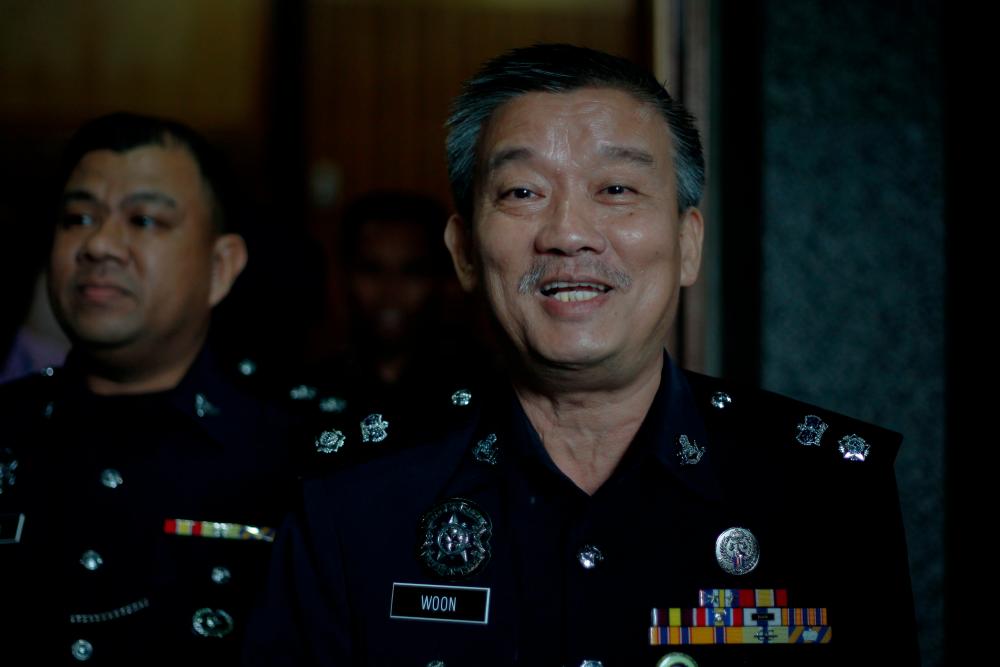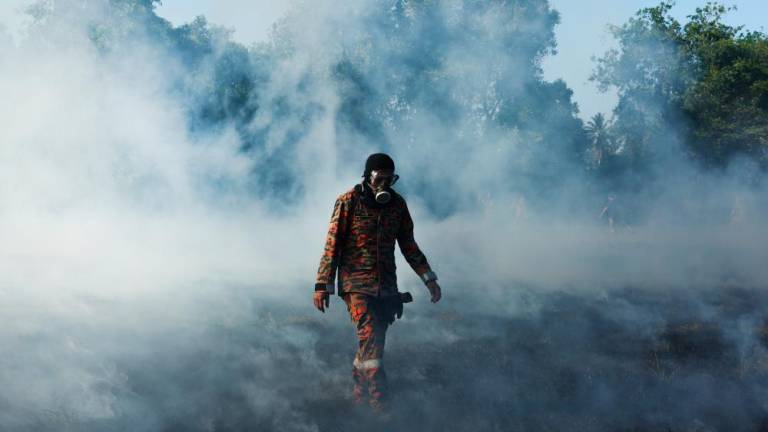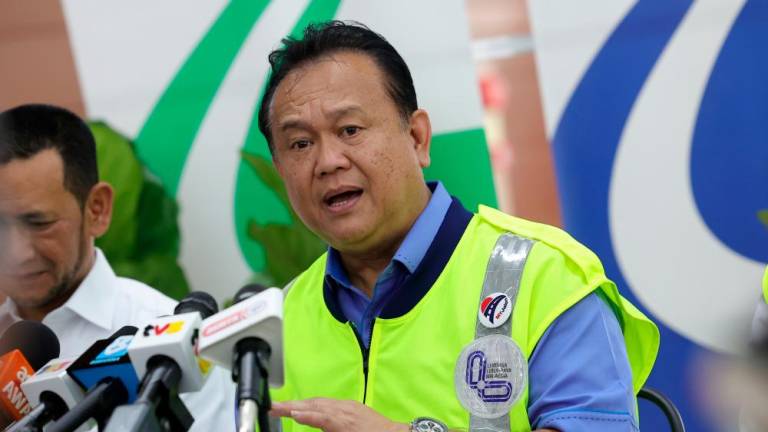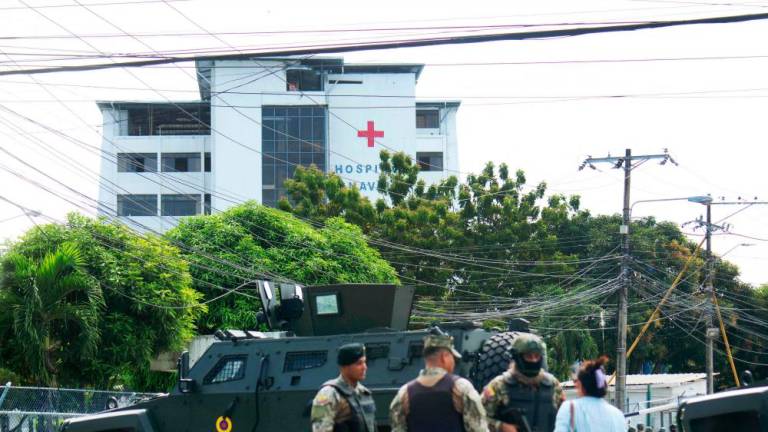PUTRAJAYA: It was unfavourable living conditions and not torture that killed the 106 human trafficking victims who were held captive in Wang Kelian, Perlis, in 2015.
Lead investigating officer Supt Woon Tan Seng said many of the victims could have became ill because they were consuming unhygienic food or there was insufficient nutrition.
“Statements from several victims (who survived) proved that they were assaulted and treated with aggression by syndicate members but the torture was not life-threatening,“ he said.
“From my visits up the hills in Wang Kelian, I can say that if I were a victim, I too would probably not survive in the jungle under such conditions.”
Woon was testifying in the royal commission of inquiry (RCI) into the discovery in 2015 of human trafficking camps and mass graves in Wang Kelian.
He said his investigations showed that the victims were given only one meal a day. “And dying of illnesses is not unusual when you live in the forests. I believe they died because they were ill.”
He said pathology reports also could not confirm if the victims were indeed tortured. “Based on statements from witnesses, they admitted to being caned but not to the extent that it would kill them.”
Woon also testified that four Thai citizens, alleged to be key members of the trafficking syndicate and wanted by local authorities, were actually hiding in Malaysia and not in the neighbouring country as many believed.
However, he said, police had difficulty tracking them down as they were unable to get any leads that could lead to the suspects’ whereabouts.
He said based on information shared by the Thai authorities, four of the suspects are still in Malaysia “We believe they are hiding close to the border.”
Woon said Bukit Aman had even instructed the Kedah and Perlis police to help track down the suspects “but until today we have yet to receive any information (about them)”.













